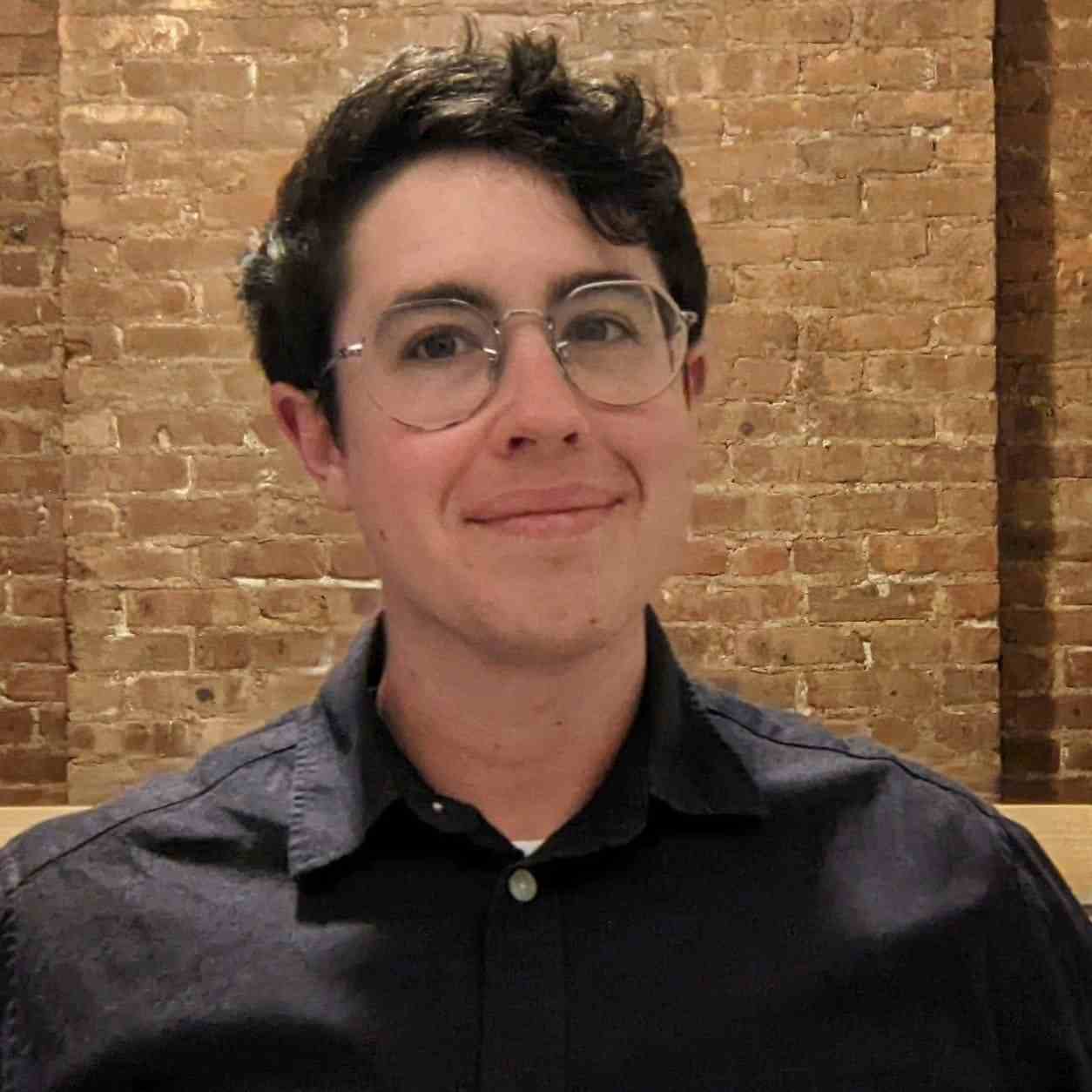Life care plans are not a prescription for a certain course of medical treatment. They are documents that attempt to ascertain and project the cost of a person’s injuries over the rest of their life. Life care planners investigate the extent of the plaintiff’s injuries, the cost of foreseeable future medical care, and the cost of any lifestyle changes required because of the plaintiff’s injury. The planner then creates a report. This report may inform settlement negotiations or become the subject of expert testimony in front of a jury.
What is a Life Care Planner?
Life care planners may be physicians, nurses, vocational experts, or other professionals who meet the definition of qualified healthcare providers. They must have field experience, take classes on life care planning methodologies, and pass a certification exam. The exam tests knowledge of the care management that will be required for someone with severe injuries and disabilities to live comfortably. This standardization of certification is important to its admissibility as evidence in court.
Elements of a Life Care Plan
The basic components of a life care plan are:
- Review of the medical records and interviews with the injured plaintiff and their medical providers
- Description of the methodologies employed in reaching the planner’s conclusion, with reference to the patient’s specific medical needs
- Analysis and conclusion, including specific numbers
The specifics included in each component of the plan will differ in every case. It may include projections of evaluations and therapeutic modalities, diagnostic testing and educational assessments, wheelchair or other mobility devices and their accessories, any other equipment or prosthetic needs, and any home renovations needed to accommodate the equipment. The plan also includes projections for future routine or specialized medical care.
The plan will not include predictions about the plaintiff’s improvement or response to the projected course of treatment. The life care planner’s job is to evaluate the plaintiff at the time of the report. They then project costs based on their current medical condition. They cannot speculate about the future.
A life care plan that can withstand scrutiny in litigation should clearly articulate the plaintiff’s injuries and challenges. The plan should relate the projections directly to those injuries. It should also include extensive citations to medical research that supports the report’s findings.
What Should Attorneys Look for in a Life Care Planner?
Life care planners have different backgrounds and specialties. Some life care planners specialize in specific types of relevant vocational or rehab therapies, or medical cost reviews. They may have worked extensively on different types of litigation. When you interview life care planners, ask them about their prior experience in preparing these plans, interviewing patients and providers, and testifying in court. The defense team will seek to discredit the life care plan, so choose your expert wisely.
The life care planner is an educator, not an advocate. They should be able to convey complex medical information in an accessible manner.
Rebutting the Life Care Planner’s Testimony
Defense attorneys should read the plan thoroughly and research the planner’s background. If the expert has not worked with this kind of injury in the past, you can use this information to attack their credibility. The defense can also poke holes in specific recommendations in the plan. Find out how the life care planner calculated the medical cost projections, and compare those projections to “usual, customary, and reasonable” fee schedules. Cost projections for non-medical expenses such as lifestyle and housing modifications are particularly subjective and may be vulnerable to attack.
In addition, the life care plan will have been prepared in advance of deposition or trial. If the plaintiff’s condition has changed since the plan was created, the projections in the report may not be substantiated by the planner’s methodologies.
Will Amendments to the Federal Rule of Evidence 702 Impact Life Care Plans?
The admissibility of life care plans in federal courts is subject to Rule 702 of the FRE and theDaubert standard. Rule 702 requires that expert scientific testimony be based on reliable facts and data, and analyzed using reliable scientific methodologies. The Daubert standard makes judges the gatekeeper of expert testimony and provides a non-exhaustive list of factors to consider.
Daubert also establishes that the plaintiff must prove that the expert meets the requirements using a preponderance of the evidence standard. However, the burden of proof is not included in the language of Rule 702. Studies show that judges frequently do not mention the preponderance standard in their decisions on expert testimony. In response to this data, Congress may soon pass two amendments to Rule 702.
The amendment to 702(a) explicitly includes the preponderance standard. The amendment to 702(d) requires that an expert’s opinion “reflect a reliable application of the principles and methods to the facts.” Plaintiff attorneys worry that this will lead to the exclusion of more expert testimony, though the amendment’s proponents say the changes merely clarify what was already the rule. If the amendments pass, life care planners and plaintiff attorneys should focus on thorough research into the plaintiff’s injuries and carefully establish the reliability and validity of life care planning methodologies.




